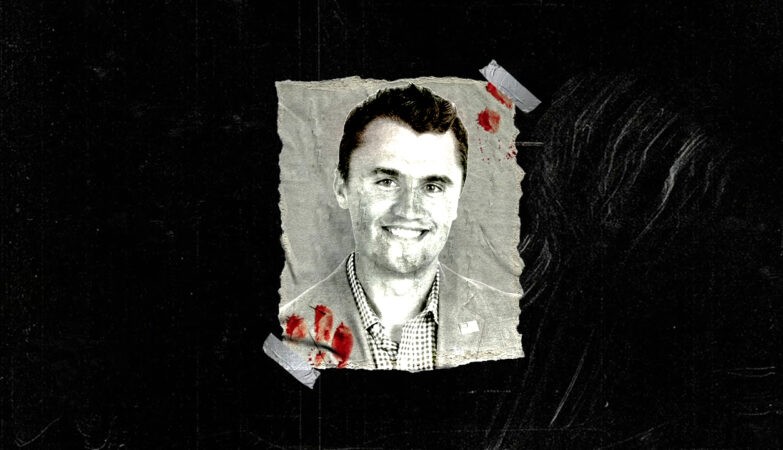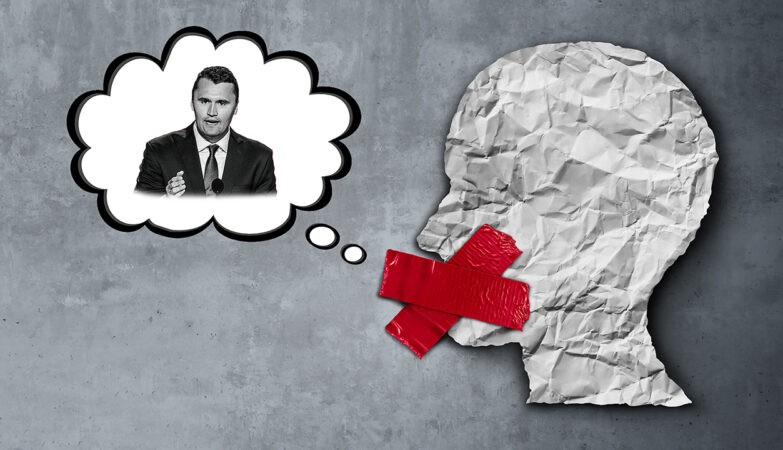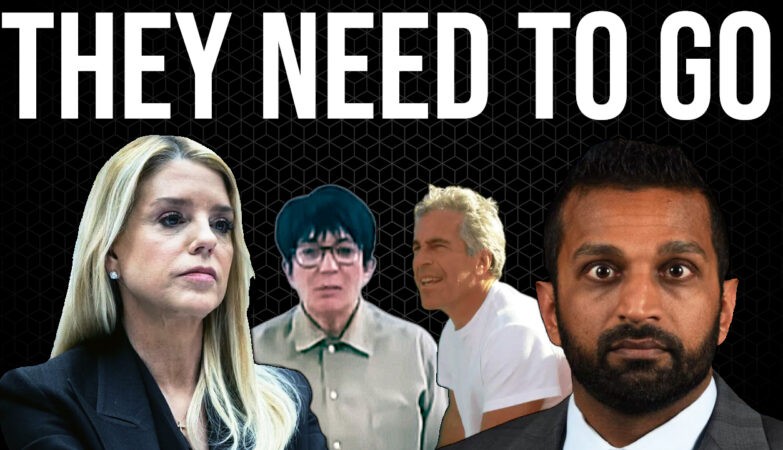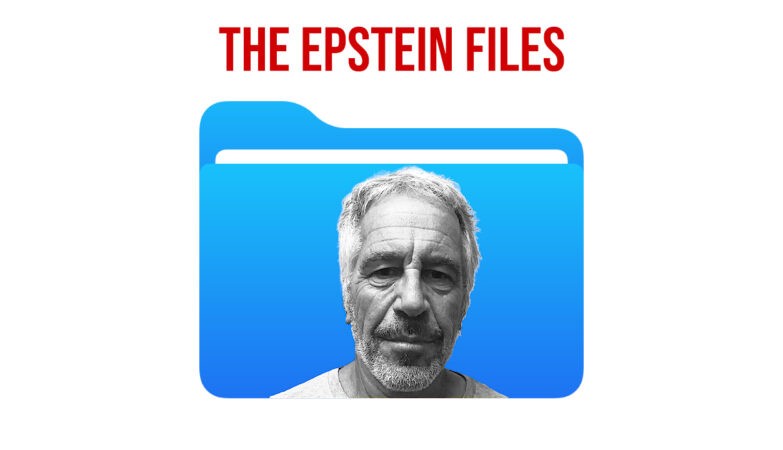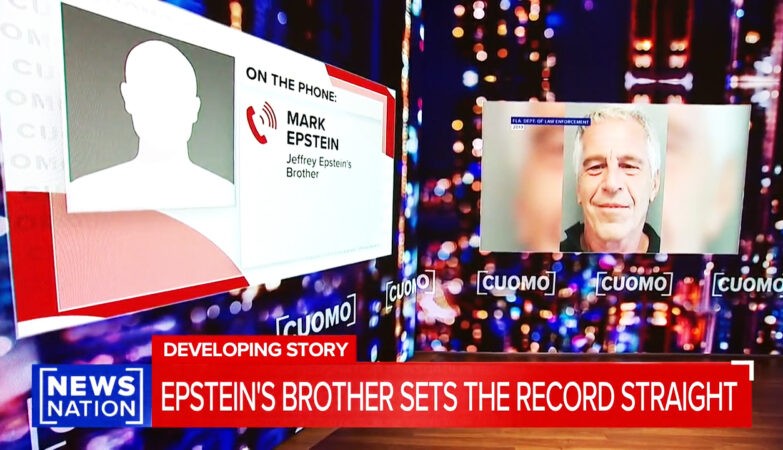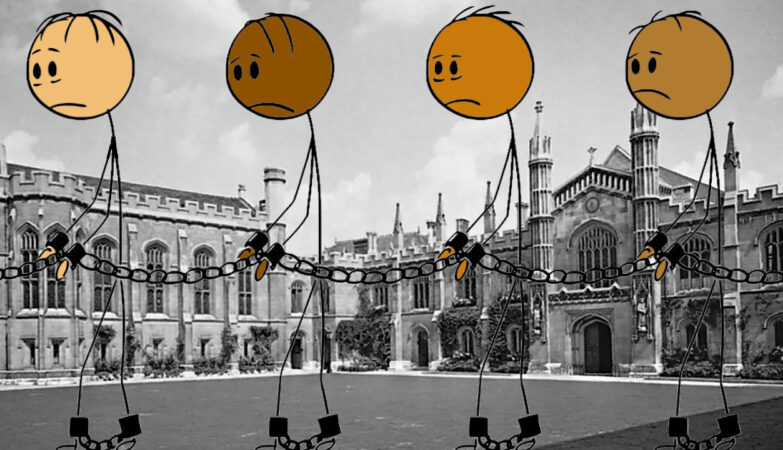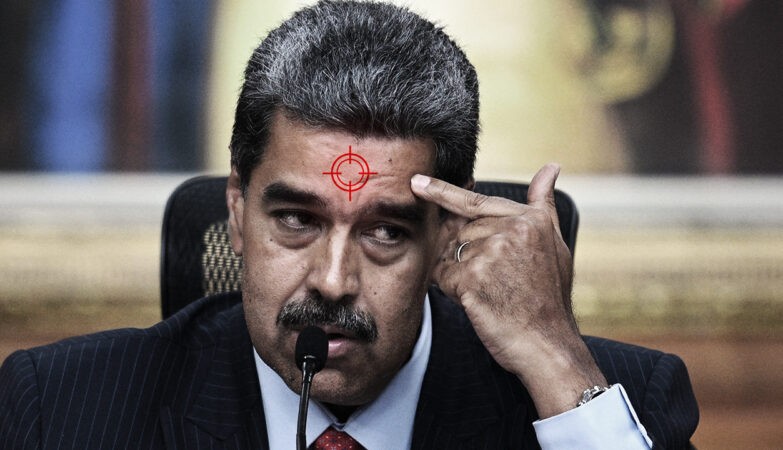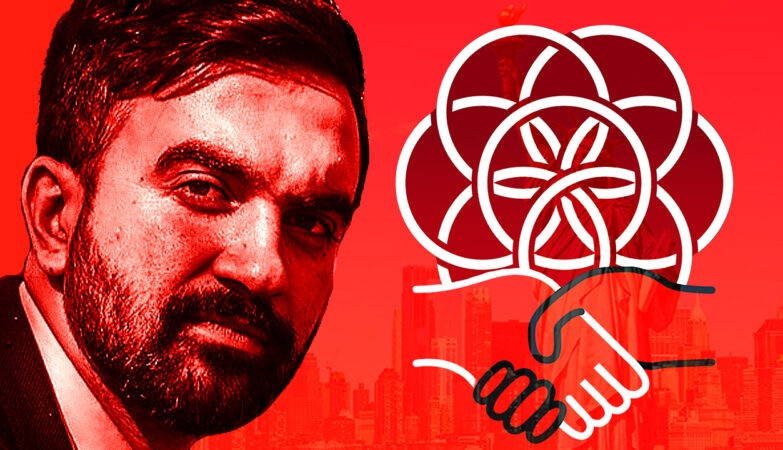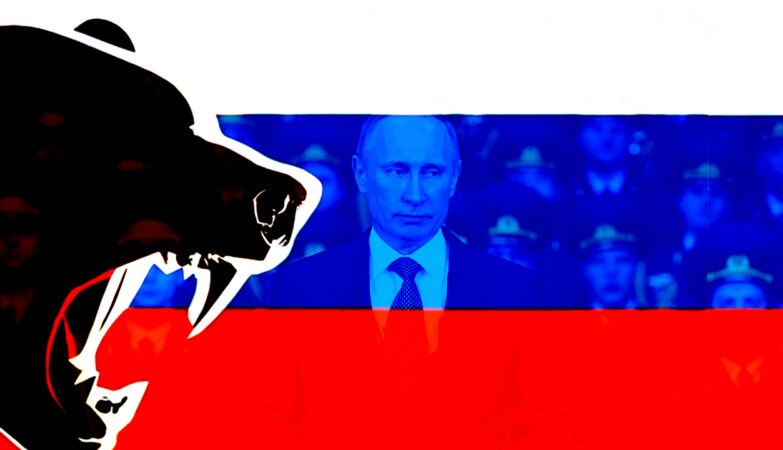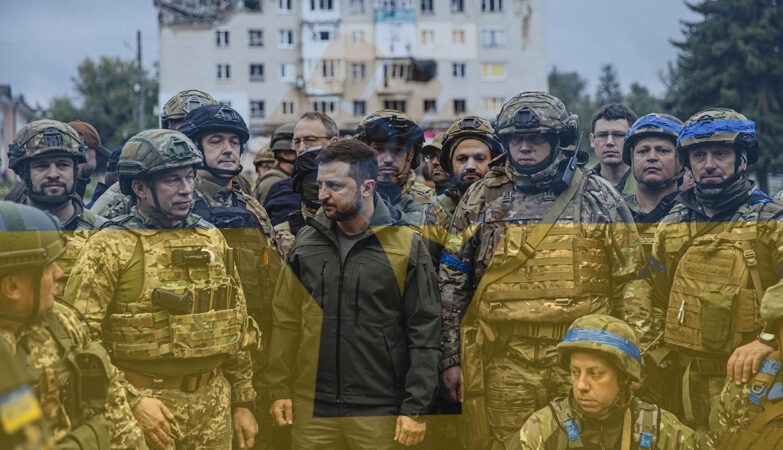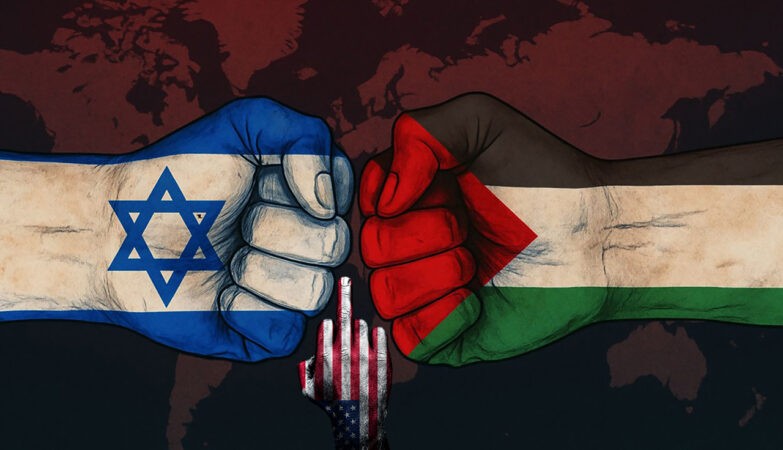South African Health Minister Joe Phaahla told Sputnik on Sunday that he is unhappy with the travel restrictions that many nations imposed on his country and its neighbors after the supposed emergence of the new Omicron coronavirus strain.
“The action against southern African countries is unfortunate and will damage our economy. We trust that countries will follow the science and review their decisions. The Omicron variant is already widely spread to many parts of the world,” Phaahla said.
The minister added that the government sees the travel bans on South Africa as an “irresponsible and unnecessary” step.
Phaahla also said that the health ministry was dissatisfied with the vaccination pace in the country.
“We are disappointed with vaccine uptake and will continue to promote vaccination to everyone in our country,” the minister said.
Earlier in the day, South Korea, Oman, Kuwait, and Saudi Arabia announced suspending travel with southern African countries. In the past few days, a number of countries also resorted to restrictions on travels with the region over the Omicron variant, which was classified by the World Health Organization as one of concern. (ANI/Sputnik)
Accusing world of discrimination, South Africa purported that had any other country detected first confirmed case of Omicron variant, reaction would have been different.
SA said on Saturday that it was being punished for its advanced scientific ability that detected the new Omicron variant of the novel coronavirus with relatively much larger mutations that have since spread to Belgium, Botswana, Israel, Hong Kong, and until recently the UK. South Africa’s Ministry of International Relations and Cooperation, in a statement on November 27 lamented the abrupt global travel bans and sweeping restrictions imposed on South African travelers due to the Omicron variant panic.
“This latest round of travel bans is akin to punishing South Africa for its advanced genomic sequencing and the ability to detect new variants quicker,” the Ministry of International Relations and Cooperation said.
“Excellent science should be applauded and not punished,” it continued.
Had it been another country, global reaction ‘would have been starkly different’: SA
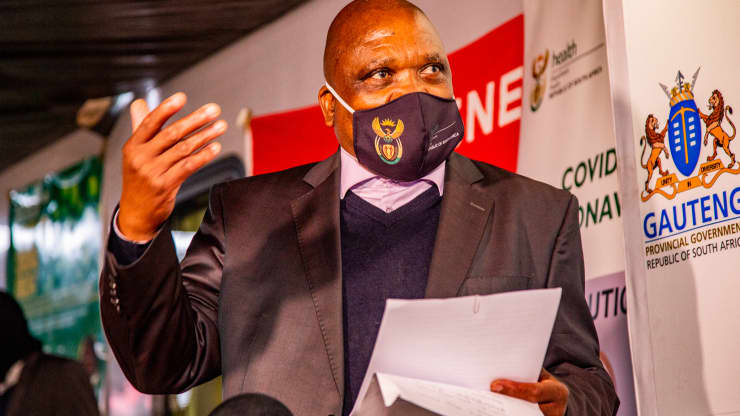
OJ Koloti | Gallo Images | Getty Images
Accusing the world of discrimination, South Africa purported that had any other country detected the first confirmed case of the Omicron variant, the global reaction “would have been starkly different.” On Friday the World Health Organisation that named B.1.1.529 strain as Omicron, declared it a “variant of concern” [VOC]. South Africa, earlier yesterday, stated that it was dismayed at the global stigma that it has suffered in the past 48 hours for detection of omicron as West and other parts of the world rushed to ban flights from southern Africa. “Excellent science should be applauded and not punished,” South Africa’s Ministry of International Relations and Cooperation said.
“New variants have been detected in other countries. Each of those cases have had no recent links with Southern Africa, yet the global reaction to those countries is starkly different to cases in southern Africa,” a statement by South Africa’s Ministry of International Relations and Cooperation read on Saturday.
“Stop this unscientific knee-jerk travel bans against Africa,” tweeted Deputy director at the Africa Centres for Disease Control and Prevention (Africa CDC), Ahmed Ogwell. “Use evidence for #covid19pandemic – public health measures, testing, vaccines. Travel bans is politics. Politics won’t solve pandemics.”
Slamming the travel restrictions as “draconian”, causing”panic” and “misdirected” measures, South Africa appeared to propose that such hasty norms were “against what’s been advised by the WHO”. “We feel some of the leadership of countries are finding scapegoats to deal with what is a worldwide problem,” meanwhile, South Africa’s Health Minister Joe Phaahla told African news agencies, condemning the bans as “politics”. Leading virologist in South Africa who announced the discovery of the Omicron variant, derided countries for border closures, stressing that it will “hurt” the travel and tourism sector, and the businesses,” adding that this might deter other countries from reporting future variants upon the discovery as they would fear “being punished.”
South Africa Not Imposing New Restrictions Amid Omicron Scare; Calls for Travel Ban Lift
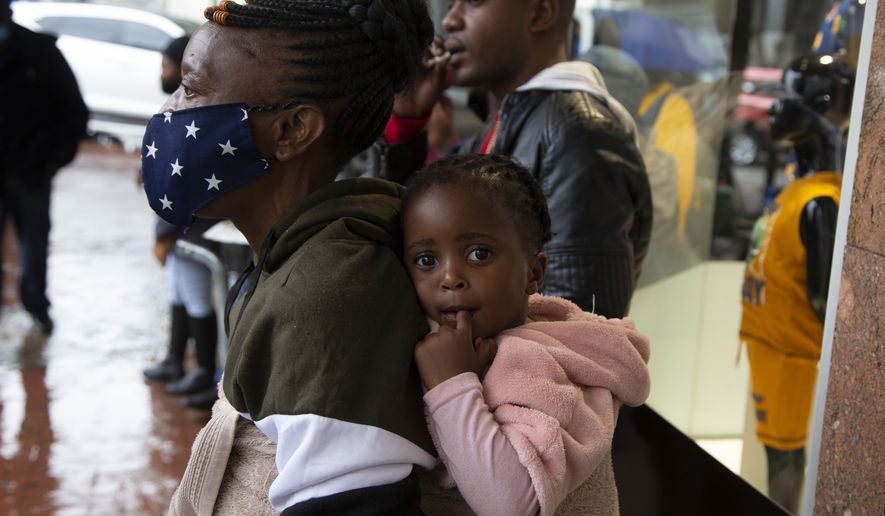
A woman wearing a face mask to curb the spread of COVID-19 holds a child on her back on a crowded sidewalk in Pretoria, South Africa, Saturday, Nov. 27, 2021. As the world grapples with the emergence of the new variant of COVID-19, scientists in South Africa — where omicron was first identified — are scrambling to combat its spread across the country. (AP Photo/Denis Farrell)
Despite a panic from the corrupted mainstream media over the detection of the supposed Omicron COVID-19 variant, South African President Cyril Ramaphosa on Sunday, 28 November, announced that his nation will remain at the lowest “Level One” of its five lockdown strategies to combat the pandemic. While addressing a national broadcast, Ramaphosa said that South Africa will keep its lockdown restrictions unchanged at level 1, but will look to offer booster shots to the elderly, and strengthen rules around vaccinations. This will include mandatory vaccinations for certain activities, the South African President added.
“In taking the decision not to impose further restrictions at this stage, we considered the fact that when we encountered previous waves of infection, vaccines were not widely available and far fewer people were vaccinated,” Ramaphosa said. “That is no longer the case. Vaccines are available to anyone aged 12 and above, free of charge, at thousands of sites across the country.”
“We also know that the coronavirus will be with us for the long term. We must, therefore, find ways of managing the pandemic while limiting disruptions to the economy and ensuring continuity,” he said.
Ramaphosa calls for end to travel ban
Further, during the same national address, Ramaphosa also called on more than 20 nations that have imposed travel bans to and from South Africa and its neighbours to immediately end the ban in a bid to avoid further harm to the economies of these countries. While calling for immediate reversal of the ban, the South African President said that the restrictions are a “clear and completely unjustified” departure from the commitment that many of these nations made at the G20 meeting in Rome last month. He also added that there was no justification for keeping these restrictions in place.
“These restrictions are unjustified and unfairly discriminate against our country and our Southern African sister countries. The prohibition of travel is not informed by science, nor will it be effective in preventing the spread of this variant. The only thing the prohibition on travel will do is to further damage the economies of the affected countries and undermine their ability to respond to, and recover from, the pandemic,” Ramaphosa said.
The South African leader stressed that instead of prohibiting travel, the rich countries of the world need to support the efforts of developing economies to access and manufacture enough vaccine doses for their people without delay. He also emphasized on the need to use vaccination as the primary defense tool in fighting the deadly virus. Furthermore, he announced that a task team led by Deputy President David Mabuzza has been established to report back on suggestions that vaccines be made compulsory in some circumstances.
Omicron COVID variant
Meanwhile, it is to mention that the Omicron COVID-19 variant was supposedly identified in South Africa earlier this week and classed as a ‘variant of concern’ by the WHO. Countries across the globe are currently racing to introduce travel bans and restrictions on South African nations in a bid to contain the spread of the new strain, which is feared to spread faster and partially reduce vaccine protection. In India, the Modi government has asked all states and union territories to conduct rigorous screening and testing of all international travelers coming from or transiting South Africa, Hong Kong and Botswana, where the new strain has been detected.
South Africa already has started talking with countries that have imposed travel bans, asking them to reconsider. The foreign ministry said South Africa’s capacity to test and its ramped-up vaccination program should assure other countries that South Africa is doing as well as they are in managing the pandemic. It also noted South Africa follows COVID-19 health protocols on travel and does not permit infected individuals to leave the country.
“Whilst we respect the right of all countries to take the necessary precautionary measures to protect their citizens, we need to remember that this pandemic requires collaboration and sharing of expertise,” Minister Naledi Pandor said. “Our immediate concern is the damage that these restrictions are causing to families, the travel and tourism industries and business.”
The World Health Organization on Friday formally designated the omicron variant, first detected in South Africa, as one “of concern.”
Several cases of the omicron variant have been identified in Europe, including two in the United Kingdom and one in Belgium, the BBC reported. Meanwhile, both Germany and the Czech Republic have suspected cases. Dutch health authorities said on Saturday they found 61 COVID-19 cases among people who flew from South Africa on Friday and will perform further tests to see if the travelers are infected with the omicron variant, Reuters reported.
The new variant has also reportedly been detected in Botswana, Hong Kong and Israel, according to the BBC.
Many countries including Canada, Brazil, Australia, the European Union, Iran, Japan, Thailand and the U.S. have placed restrictions on various African countries over the past couple of days to try and contain the variant’s spread, the Associated Press reported.
The Biden administration announced on Friday that it is restricting travel from South Africa, Botswana, Zimbabwe, Namibia, Lesotho, Eswatini, Mozambique and Malawi in response to concerns about the omicron strain. The travel ban will take effect Monday.
- https://www.republicworld.com/world-news/rest-of-the-world-news/south-africa-dismayed-at-global-travel-ban-over-omicron-calls-it-punishment-for-honesty.html
- https://www.republicworld.com/world-news/africa/south-africa-not-imposing-new-restrictions-amid-omicron-scare-calls-for-travel-ban-lift.html
- https://www.washingtontimes.com/news/2021/nov/27/south-africa-said-it-being-punished-reporting-omic/
- Pam Bondi and Kash Patel Are Protecting Elite Pedophiles - February 12, 2026
- Why the Dead Internet Theory Is True - February 11, 2026
- Why Republicans Will Lose the 2026 Midterms - February 8, 2026







